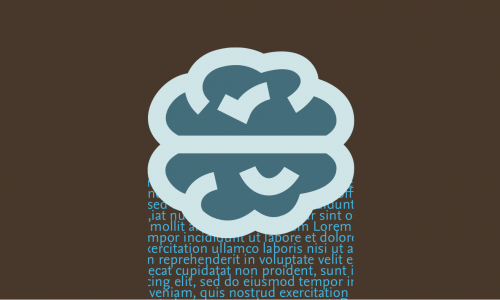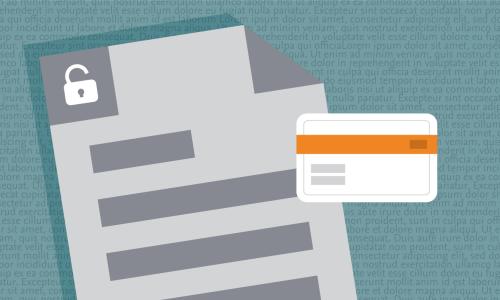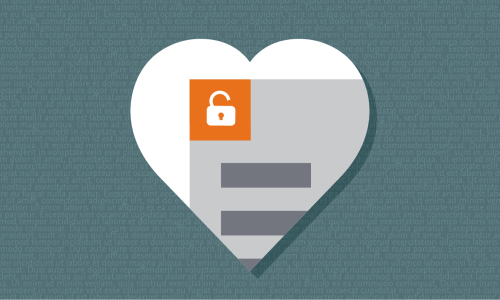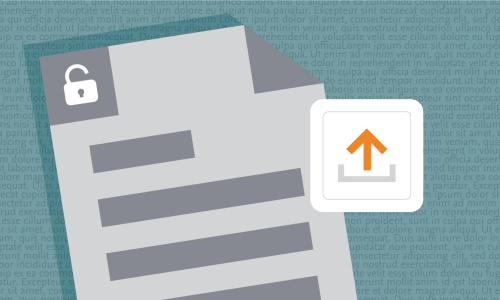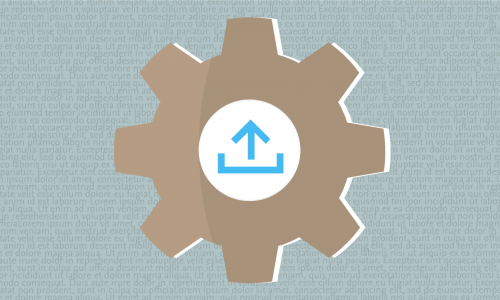Open science
Open science is the new buzzword but what does it actually mean? And what about open access? Where does that fit into the story? In these modules, we cover the topics in detail. We look at the many definitions of open science and how you can use it in your own research and publishing career. We also explore open access and whether there are any specific points to consider when choosing to go down that publishing path.
What you will learn
- What is open science
- New insight into how you can benefit from it
- Points to consider when publishing open access
